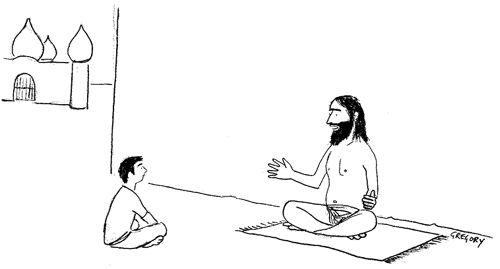Appendix expert advice
"Look, son I'm not a financial guru, an Internet guru, a P.R. guru, or a weight-loss guru. I'm just a guru." Over the course of writing this book, I had the good fortune to interview around 50 experts in the web world. All of them graciously gave me at least an hour of their time and years worth of ideas about what was working on the web, and what had worked for them in particular. In choosing these industry veterans, I focused less on individuals who were well-known (though some of them are) and more on the people in the trenches the ones who are deeply involved in the day-to-day development or operations of their sites. By way of disclosure, I must point out that my choice of subjects was skewed geographically. Most of the people I interviewed came out of the San Francisco, New York, or Seattle schools of web development (though Austin, Boston, and Chicago are all reasonably represented). By this, I mean they based their careers in one of these three cities and I suspect that people in the same city develop similar outlooks on the web. Also, many of them passed through HotWired's doors before moving on to other companies and other sites. So similar threads run through their careers. But the main thing these experts have in common is experience. Most of them had been working on the web for 5 8 years when I interviewed them in 2002 2003, but their experience varies widely in terms of discipline, company, and sites. The experts range widely on
It was striking, then, how consistent their conclusions were. Many themes were heard again and again: the primacy of the user, the need for simplicity, the importance of evolving a site, the problems with office politics. They didn't necessarily repeat each other each brought a fresh perspective and new insight to the table but they didn't contradict each other either. Their insights reinforced most (though not all) of my initial inclinations, and also pushed the book in new, important directions. After completing the interviews and reading and re-reading the transcripts I felt I had a clear, if incomplete, picture of what we've learned so far. I hope, after reading the book, that you do, too. Without further ado, I give you the experts. |
EAN: 2147483647
Pages: 195
